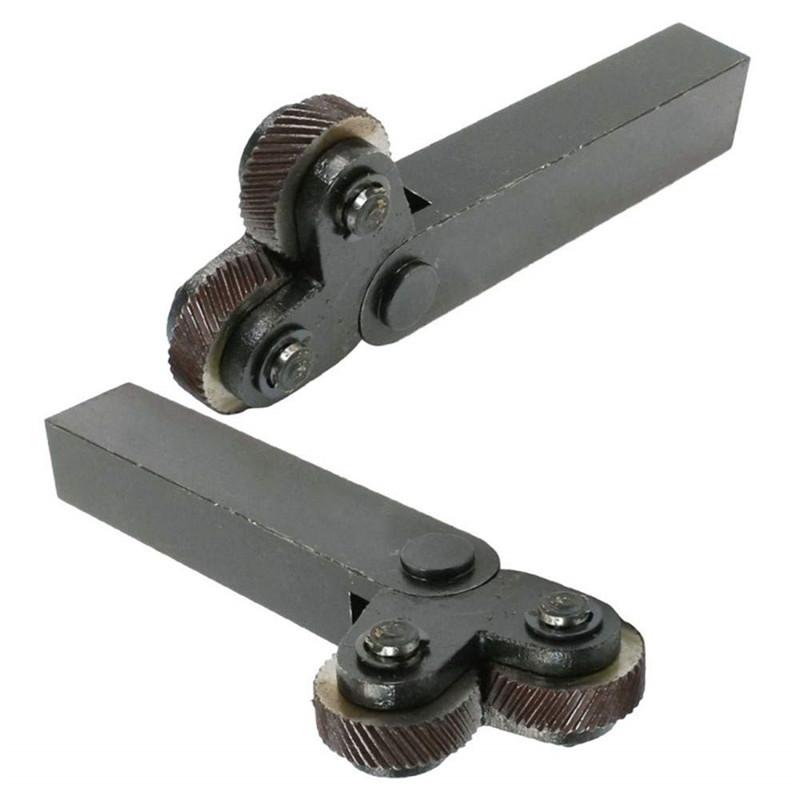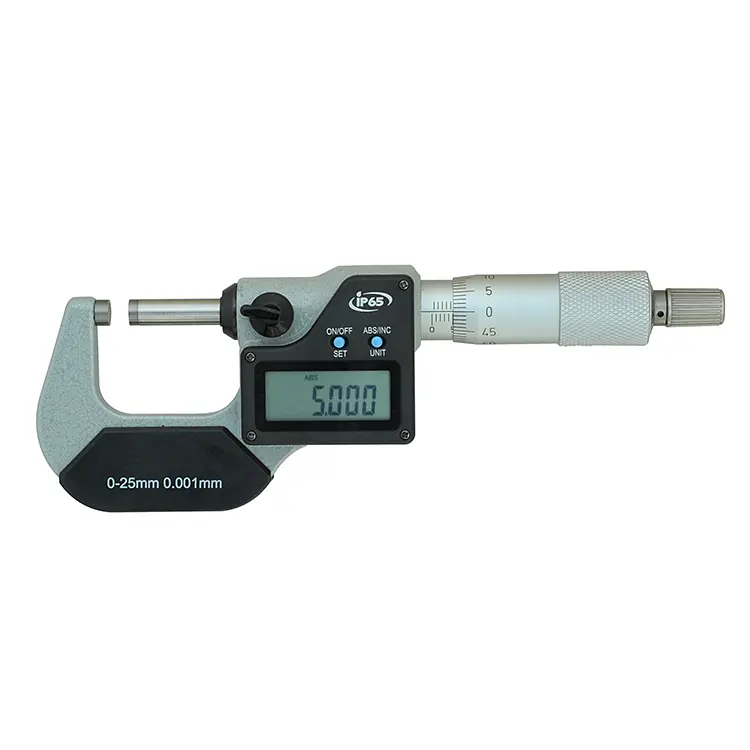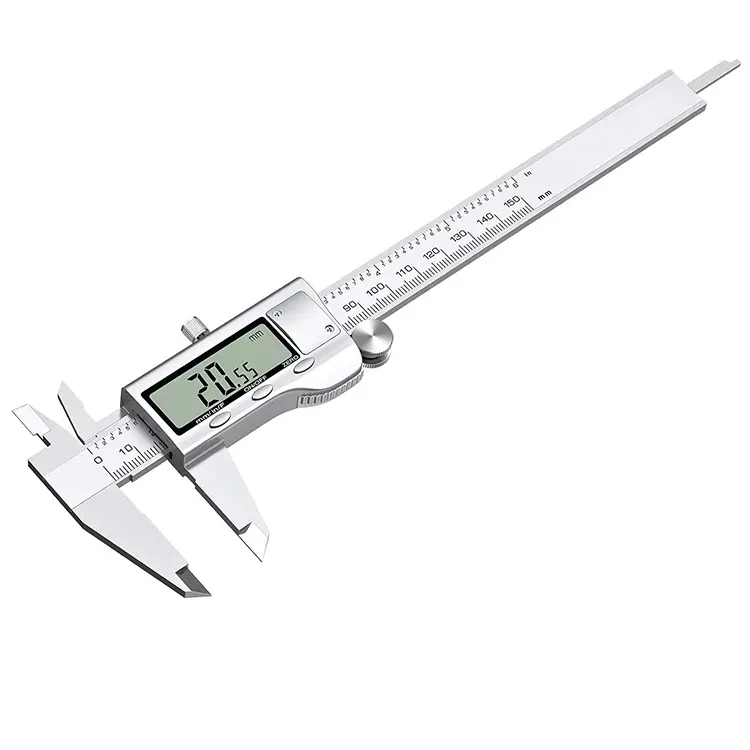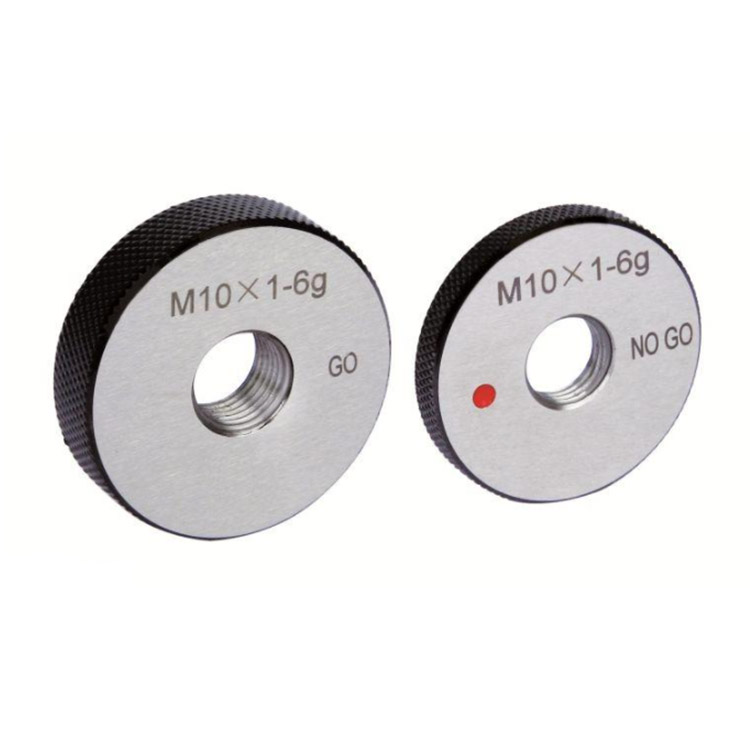mill collet Suppliers
Finding reliable mill collet suppliers is crucial for machine shops seeking precision and efficiency. This guide explores the key factors to consider when selecting a supplier, the different types of mill collets available, and how to ensure you get the best quality for your specific needs.
Understanding Mill Collets and Their Importance
Mill collets are essential components of milling machines, responsible for securely holding cutting tools during machining operations. They provide the necessary clamping force and concentricity to ensure accurate and stable cutting. Choosing the right mill collet is vital for achieving optimal surface finishes, minimizing tool wear, and preventing damage to both the workpiece and the machine.
Types of Mill Collets
Several types of mill collets are available, each designed for specific applications and tool sizes. Some common types include:
- ER Collets: The most widely used type, offering a broad clamping range and good concentricity.
- DA Collets: Known for their high precision and rigidity, suitable for demanding applications.
- TG Collets: Designed for heavy-duty machining and large tool diameters.
- 5C Collets: Often used in lathes and grinders but can also be adapted for milling applications.
- R8 Collets: Commonly found on Bridgeport-style mills, offering a simple and robust design.
Key Features to Consider When Selecting a Mill Collet
When choosing a mill collet, consider the following factors:
- Clamping Range: Ensure the collet can accommodate the shank diameter of your cutting tools.
- Concentricity: Higher concentricity results in better accuracy and reduced tool runout.
- Material: High-quality steel provides durability and resistance to wear.
- Finish: A smooth, precise finish ensures proper tool holding and reduces vibration.
- Coolant Through Capability: Some collets allow coolant to flow through the tool, improving chip evacuation and tool life.
Finding Reputable Mill Collet Suppliers
Selecting the right supplier is as important as choosing the right mill collet. Consider these factors when evaluating potential suppliers:
Experience and Reputation
Choose suppliers with a proven track record of providing high-quality mill collets and excellent customer service. Look for customer reviews and testimonials to gauge their reputation.
Product Range and Availability
A good supplier should offer a wide range of mill collets to meet various needs. They should also have readily available stock and efficient delivery options.
Technical Support and Expertise
The best mill collet suppliers can provide technical support and guidance to help you select the right collet for your specific application. Companies like Wayleading Tools, a company with years of experience, can provide valuable advice to ensure you get the right tools for the job.
Quality Assurance and Certifications
Ensure the supplier adheres to strict quality control standards and possesses relevant certifications, such as ISO 9001. This guarantees the mill collets meet industry requirements and performance expectations.
Evaluating Mill Collet Suppliers: A Checklist
Use this checklist to evaluate potential mill collet suppliers:
- Do they offer a wide range of mill collets, including ER, DA, TG, 5C, and R8 collets?
- What is the typical concentricity of their mill collets?
- Do they offer coolant-through collets?
- What materials are their mill collets made from?
- What is their warranty policy?
- Can they provide technical support and application advice?
- Do they have readily available stock and fast shipping options?
- Are they ISO 9001 certified or have other quality certifications?
Maintaining Your Mill Collets for Optimal Performance
Proper maintenance is crucial for extending the life and performance of your mill collets. Follow these guidelines:
Cleaning and Inspection
Regularly clean mill collets to remove chips, debris, and coolant residue. Inspect them for signs of wear, damage, or corrosion. A dirty collet can cause runout and reduce tool life. It's recommended to clean collets after each use. For intricate cleaning, consider using an ultrasonic cleaner specifically designed for precision tools.
Storage
Store mill collets in a clean, dry environment to prevent rust and corrosion. Use a dedicated collet rack or storage case to protect them from damage. Storing them in their original packaging, if available, can also help.
Proper Usage
Always use the correct tightening torque when installing mill collets. Over-tightening can damage the collet, while under-tightening can lead to tool slippage. Use a calibrated torque wrench to ensure accurate tightening. Refer to the manufacturer's specifications for the recommended torque value.
Mill Collet Selection: A Practical Example
Let's say you need to select an ER32 collet for holding a 12mm end mill. Here's a step-by-step approach:
- Identify the Collet Type: In this case, you need an ER32 collet.
- Determine the Shank Diameter: The end mill has a 12mm shank diameter.
- Select the Correct Collet Size: Choose an ER32 collet specifically designed for a 12mm shank diameter.
- Check the Concentricity: Look for a collet with a concentricity of 0.0002' (5μm) or better for precise machining.
- Consider Coolant Through: If coolant through the tool is required, select a collet with this feature.
Comparing Mill Collet Brands
When choosing mill collet suppliers, you'll encounter various brands. Here's a simplified comparison of some popular options. Note that prices are approximate and may vary.
| Brand | Typical Concentricity (inches) | Coolant Through Options | Approximate Price (USD) |
|---|---|---|---|
| ER Collet from Brand A | 0.0004 | Yes | $15 |
| ER Collet from Brand B | 0.0002 | Yes | $25 |
| ER Collet from Brand C | 0.0005 | No | $10 |
Note: Prices and specifications are approximate and may vary. Consult with the supplier for the most up-to-date information.
Conclusion
Choosing the right mill collet and supplier is critical for achieving optimal machining performance. By considering the factors outlined in this guide and conducting thorough research, you can find a supplier that meets your specific needs and ensures the success of your machining operations. Remember to prioritize quality, reliability, and technical support when making your decision.
Related products
Related products
Best selling products
Best selling products-
 25PCS DIN338 HSS Twist Drill Bit Set From 1-13mm
25PCS DIN338 HSS Twist Drill Bit Set From 1-13mm -
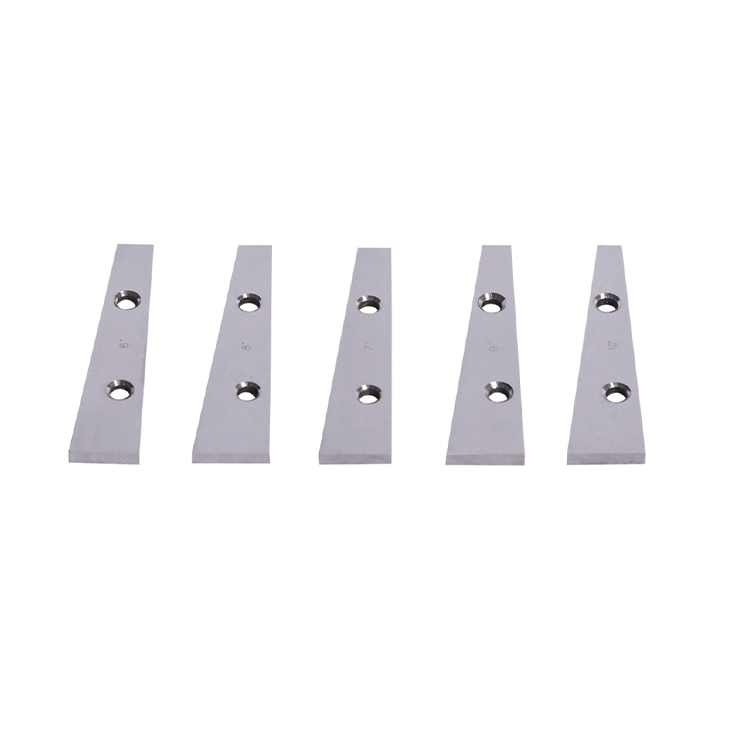 Precision 5pcs & 6pcs Angle Blocks Set With High Quality Type
Precision 5pcs & 6pcs Angle Blocks Set With High Quality Type -
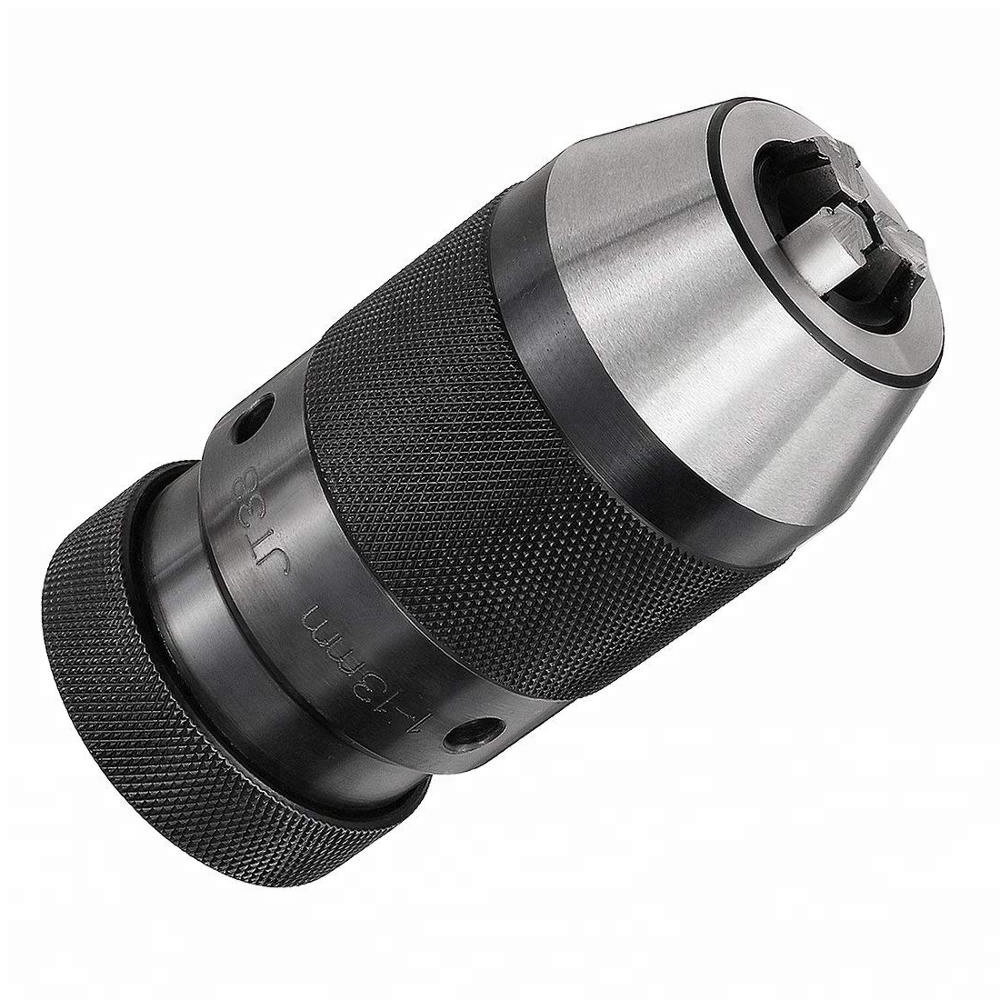 Keyless Drill Chuck With Heavy Duty Type
Keyless Drill Chuck With Heavy Duty Type -
 HSS ISO Metric Round Die Wieh Splite Or Adjustable Splite Type
HSS ISO Metric Round Die Wieh Splite Or Adjustable Splite Type -
 5C Square Collet With Inch and Metric Size
5C Square Collet With Inch and Metric Size -
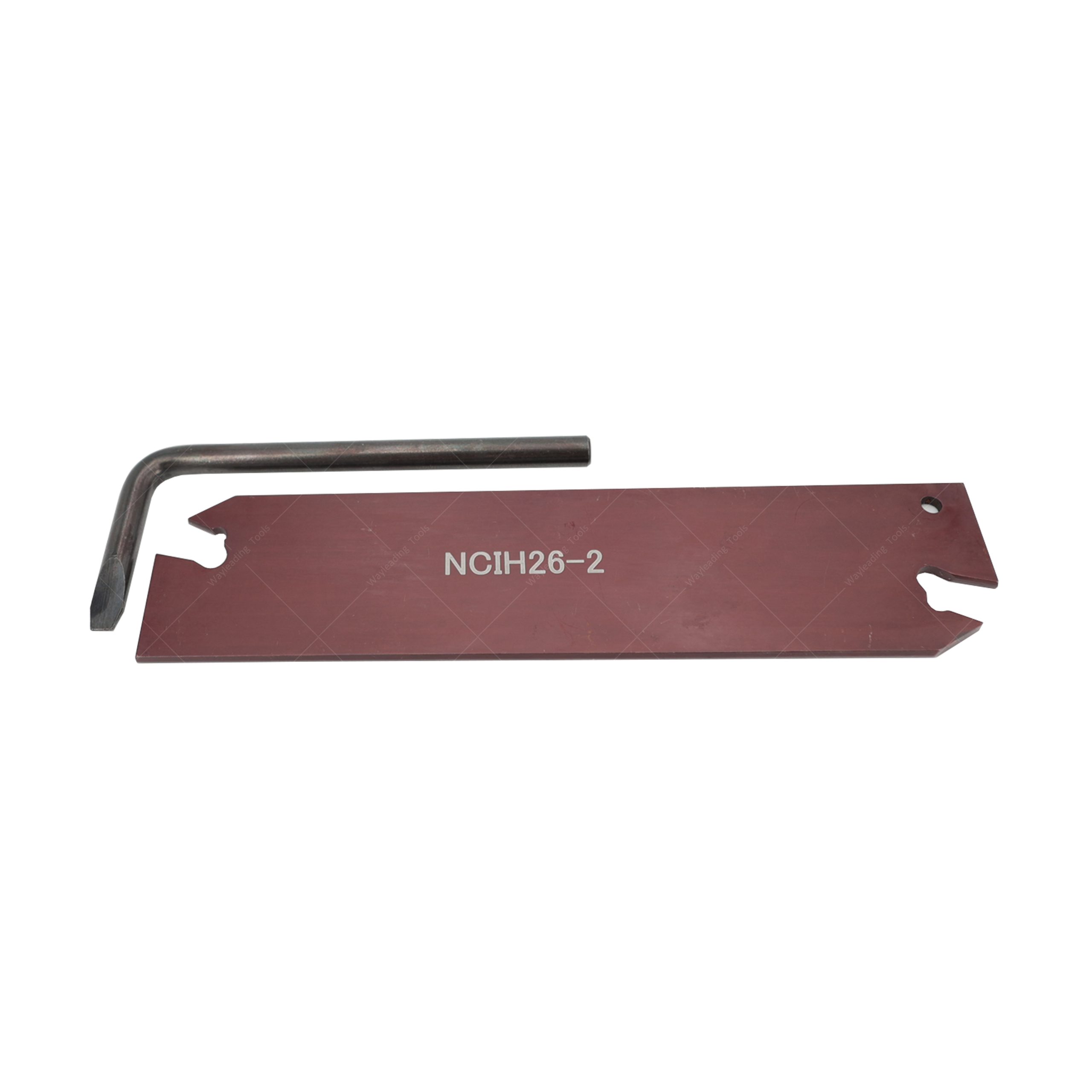 Parting & Grooving Tool Blades For GTN Blades
Parting & Grooving Tool Blades For GTN Blades -
 Deburring Tool Blades Using For Deburring
Deburring Tool Blades Using For Deburring -
 HSS Metric 4 Flute End Mills With Bright Or TiN And TiAlN Coated
HSS Metric 4 Flute End Mills With Bright Or TiN And TiAlN Coated -
 Plain Back ER Collet Fixture With Lathe Collet Chuck
Plain Back ER Collet Fixture With Lathe Collet Chuck -
 Precision Dustproof Dial Caliper Of Double Shock-Proof For Industrial
Precision Dustproof Dial Caliper Of Double Shock-Proof For Industrial -
 Precision Digital Bore Guage From 6-450mm Range
Precision Digital Bore Guage From 6-450mm Range -
 F1 Precision Boring Head With Metric & Inch
F1 Precision Boring Head With Metric & Inch

